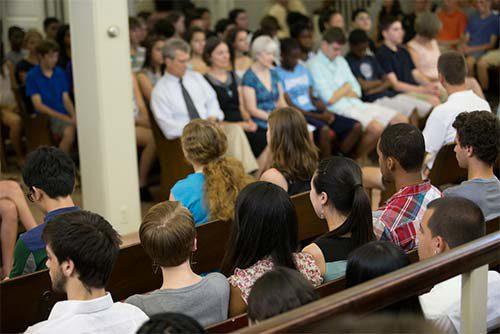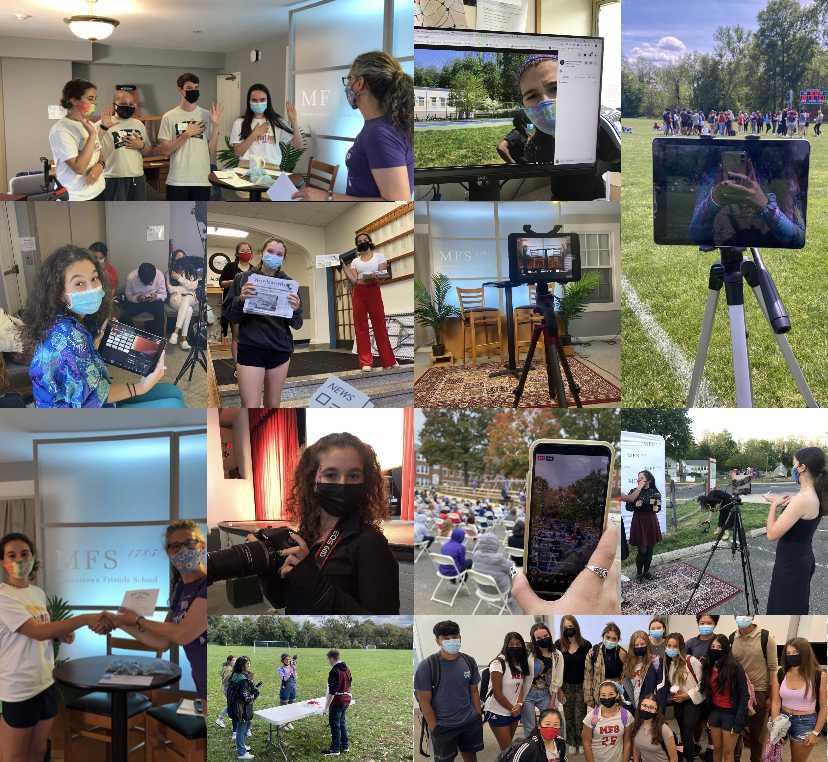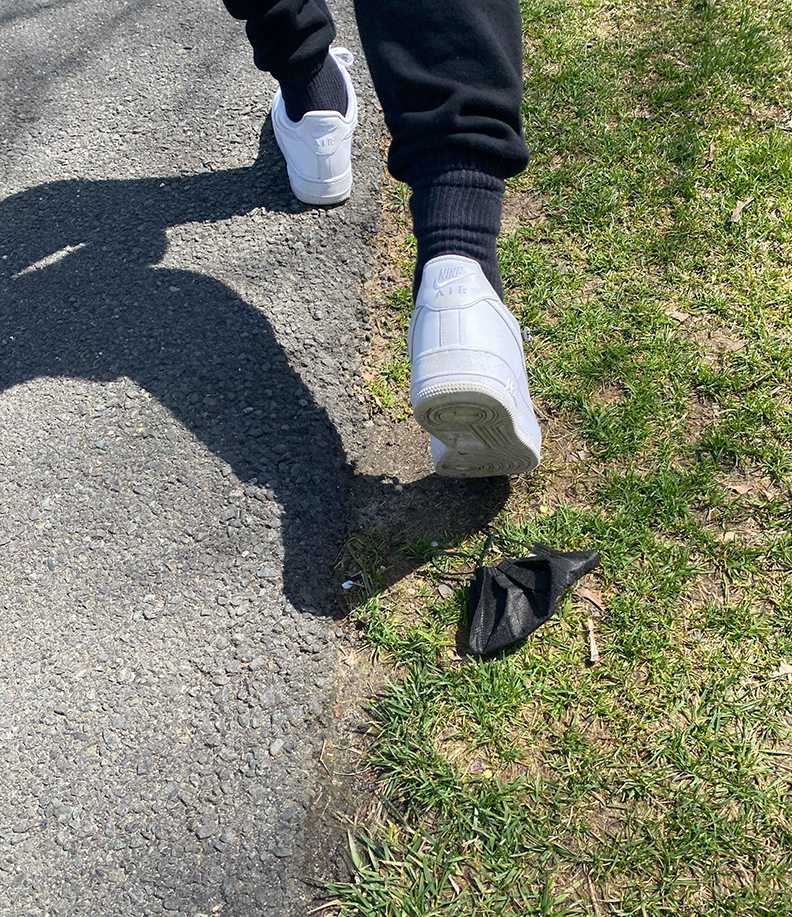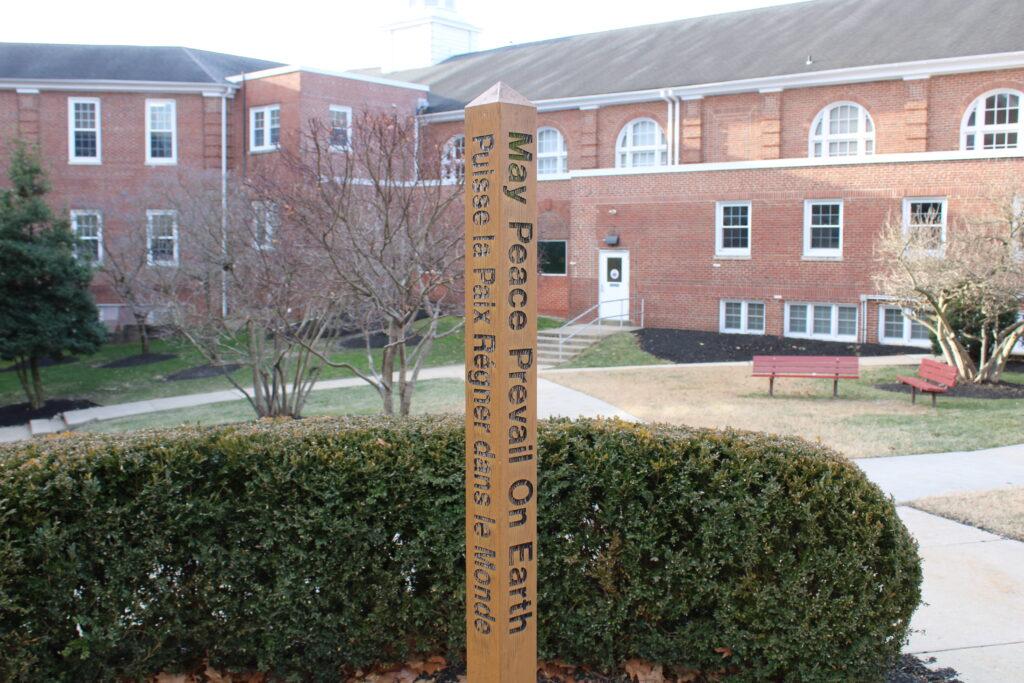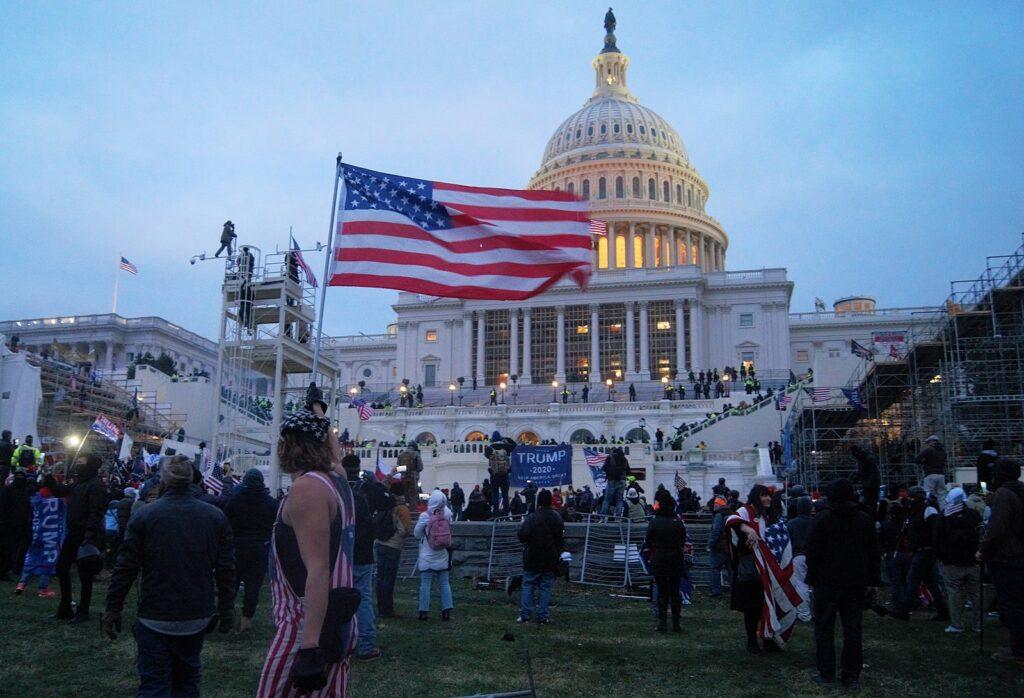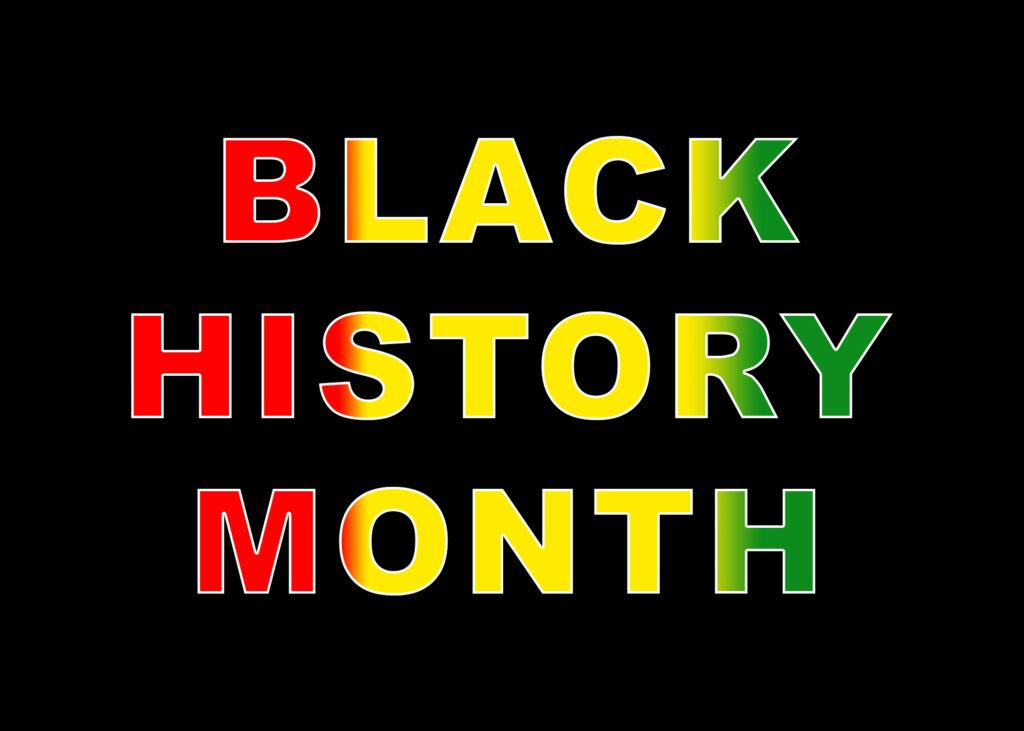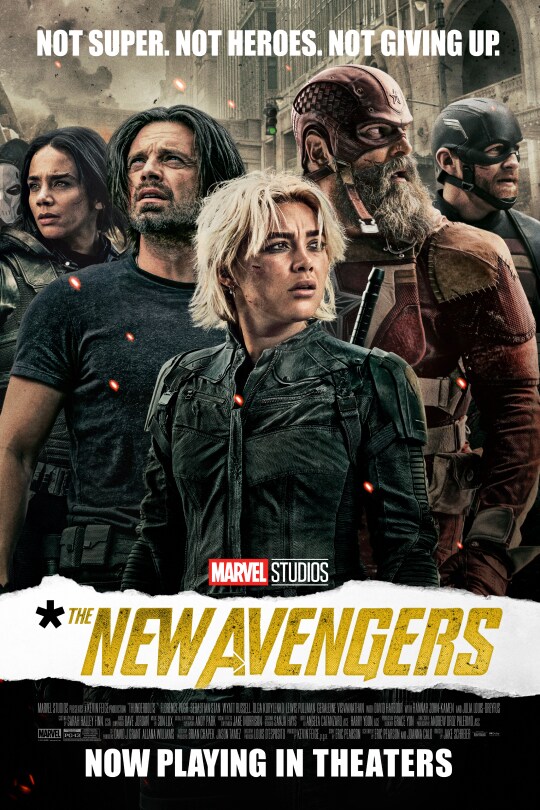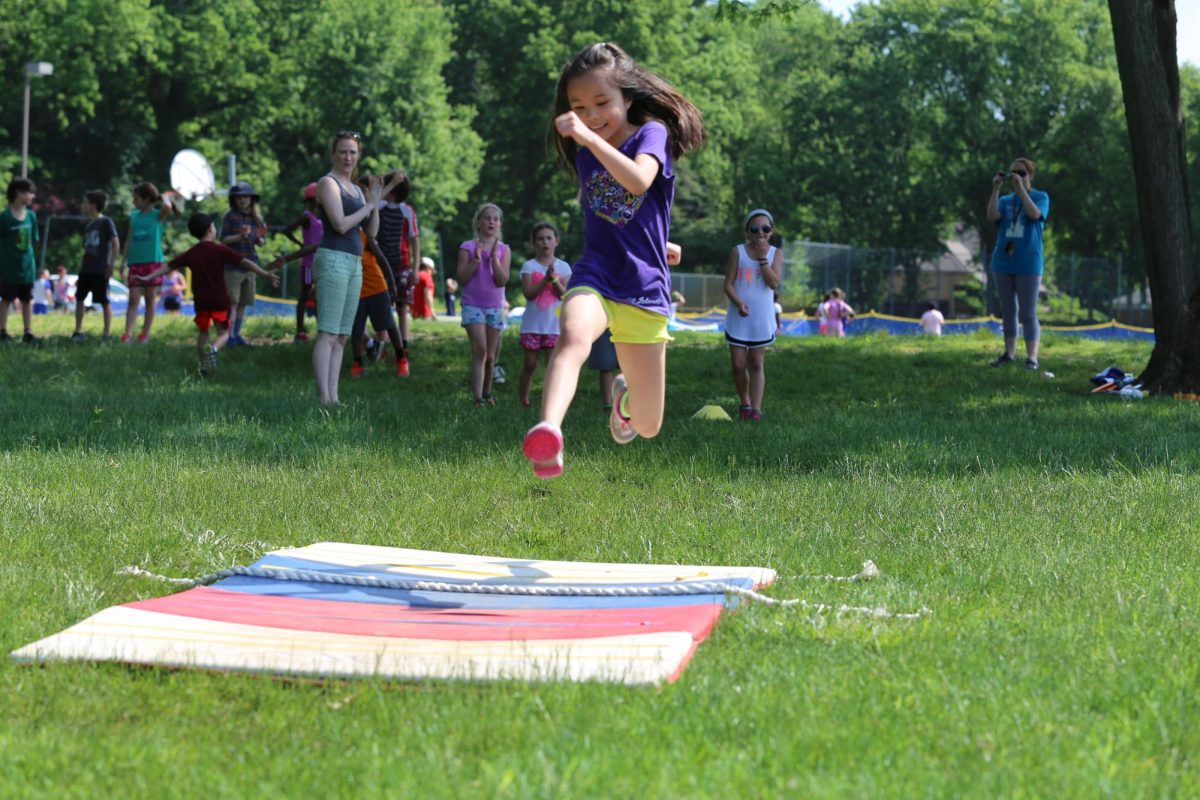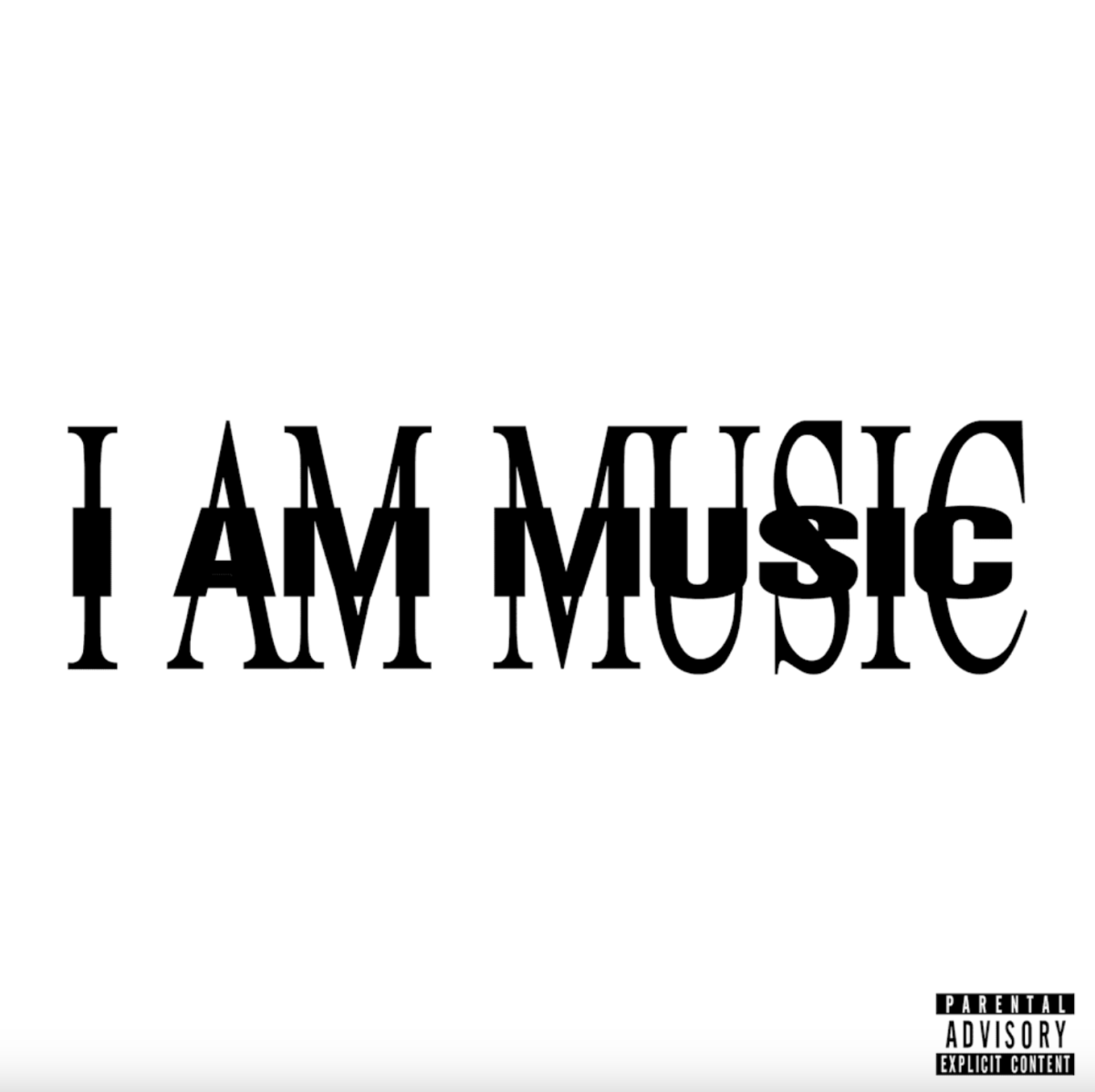Moorestown Friends is cherished and recognized for the encouragement and support it grants to groups of all colors, creeds, and other identities to fully express themselves. I have found, however, that many in our community have come to assume acceptance to be synonymous with “tolerance.” Whatever the cause may be, I believe (like many others do) that this acceptance, or tolerance, has occurred on a superficial level in many respects. In my experience, I have come to see our community’s tolerance, or lack thereof in certain cases, as a product of pure assumptions. The problematic nature of this tolerance is its capacity to describe who people are, before we even meet them, before we even know them. My point of discontent with the MFS community, perhaps ironic for a private, religious school, regards freedom of religious expression.
As a dominant religion in the United States, Christianity and Christians are often left out of discussions on diversity and inclusion, because people wrongly understand a diverse set of opinions to be one that includes all opinions except those of the perceived majority. A truly inclusive and comprehensive community necessitates that everyone’s viewpoint be considered. Further, Catholics themselves, who are one sect of Christianity, are a minority in the United States, and have historically been persecuted as one. In colonial times, many colonies prohibited Catholics from settling, and until as recently as the early twentieth century, Irish and Italian settlers, most of them Catholic, faced severe discrimination.We only have to look to our recent past to see more examples of an anti-Catholic bias flowing through our society. Look to questions asked of President John F. Kennedy’s candidacy for President in the early ‘60s. Many questioned his fitness for the office based solely on his Catholicism: they were, unfoundedly, afraid he would be bossed around by the Pope. Today, backlash against abortion and the legalization of gay marriage, among other issues, continue to cause a great deal of tension between non-Catholics and Catholics. Current discussions center around self-proclaimed “evangelical reformed Catholic” Mike Pence. His personal views, not reflective of the creeds of the church, inform thousands of people on what they think Catholics believe. These stereotypes are propagated throughout popular culture with countless cases of movie characters cast as “crazy” or “raging” Catholics that portray one-dimensional people with singular, Catholic agendas. In between television and politics, and in between assumptions and false portrayals, the vast majority of Catholics, as non-monolithic individuals, are cast to the side.
Now, let’s place me at school. As a practicing Catholic I often feel uncomfortable and at odds with members of the community over disparaging comments, derogatory names, and other forms of bullying. Comments can range anywhere from calling me a “papist” to telling me that all Catholics are homophobes, and all priests are pedophiles. While often followed by an insincere, “Just kidding!” or “LOL” or “TBT,” the comments add up.
Assuring me that you didn’t mean me, but the broader religion because you “know I’m different” or that “you didn’t realize I was in the room” does not make up for what you have said. Your “jokes” are true expressions of your feelings, either trying to elicit a response from me or expressing a deep-seated anger towards the church.
Other comments follow a more unapologetic format. I have stood up all of two times in Meeting for Worship, and most recently was regarding a friend I lost in a drunk driving accident. I had asked for prayers for my friends and my friend’s family, who were in a dark place. I also asked for my classmates to consider the preciousness of life and to value their own because it’s a gift that most people do not control. I received condolences, but on that very same day, I was told that some people had felt angered that I stood up, and that I had gotten too political, and was insensitive by being so openly pro-life. Aside from the fact that these people completely missed the point of my message at Meeting, I was deeply hurt. I had never mentioned anything about abortion nor did I intend to make a statement. By utilizing the word “precious” and being Catholic, was I therefore automatically referencing abortion?
Generally, it’s bad to generalize. It’s bad to do it in essays, it’s bad to do it with people, friends family, etc. It sometimes works well when encountering situations; however, if you have learned anything from English class, it’s that generalizing is a bad thing to do. This said, if you look past some of the more conservative members of my religion, the “radicals” if you will, you find that people tend to be a lot more reasonable than you’d expect. Pope Francis in his new book, The Name of God is Mercy, paraphrases the Catechism of the Catholic Church by saying, “because before all else comes the individual person, in his wholeness and dignity . . . God loves all his creatures and we are destined to receive his infinite love.” There are different paths to heaven and my God, and none of them are off limits. This is why we’ve been given free will, to choose the paths we follow, but to remain conscious that some may put us farther away from our destination. Catholics believe that people do not choose their sexual orientation so it is not sinful to be homosexual. However, the Church believes it is sinful to commit homosexual acts because it is not in accord with the procreative design of our bodies. Bear in mind, however that in any group, especially one 1.2 billion people strong, there will be diversity of thought and opinion.
Theological and technical jargon aside, the most recent incident of the anti-Catholic sentiment is perhaps one that hit me the hardest. At a recent Meeting for Worship, a member of the community spoke in anger about the state of American society, and targeted a great deal of hate towards Catholics specifically. In that moment, I felt hurt and hated, but mostly shocked. I was shocked that in a tradition and practice meant to promote unity and self-reflection that someone could stand up and make such a broad, offensive, and general statement about a group of people. What shocked me more was that neither the student nor faculty bodies addressed it. In that moment, it seemed completely antithetical to me that at a Quaker school – Quakers who valued religious freedom as they were expelled from England in the 1600s – such narrow-minded thinking could be happening in a practice meant to promote oneness with the Spirit.
In that moment, Meeting for Worship validated everything I had experienced at four years at MFS. I had suspected that members of my community had looked at me with a certain ounce of distaste for my religious affiliation. With my community’s lack of a rebuttal – of saying to this member of the community “we are sorry that these things happened to you but labelling people like this is doing exactly what you hate”– silently confirmed my suspicions. I felt extremely alone.
I cannot say that I was without support. I met people who felt similarly to me, but were afraid to say something, knowing that they would be vilified. In the loneliness this experience created, I discovered others who felt marginalized, and labeled. Friends who have never felt open to expressing opinions or their beliefs at this school heard that I was writing this article and decided to voice their opinions as well. Senior Andrew Denittis expressed his feeling to me that “being Catholic in the MFS community feels like I get the cold shoulder because some of the Catholic beliefs aren’t accepted by left wing beliefs and other religions . . . for some reason because Catholicism is different and has more traditional beliefs, we come across as radical or extra–which we really aren’t–and get hammered with criticism and hate. Catholics are peaceful and rejoice in the name of God. If a religion or person does not believe in Catholicism, they can politely move on and dismiss what they don’t believe without arguing about who’s right and wrong.” It is specifically this lack of discussion that leads to non-progress in our community and society.
I extend an apology, an olive branch, to any of my classmates and peers who feel that my religion has harmed them. I am not denying the anger that anyone feels, nor the hurt that they have experienced; Catholics are just as capable of making mistakes as any other people. Yet laying the blame on an entire group of people is not just unfair, but counterproductive. Blaming all Catholics, or even blaming Catholicism as a doctrine, will not solve any of our problems, and hurt a lot of good people. Facing others with hatred will only fuel misunderstanding. Rather than making generalizations about others, we need to try to understand where others are coming from. This, however, necessitates an actual desire in our community to not just pay lip service to the Quaker values of SPICES (Simplicity, Peace, Integrity, Community, Equality, and Stewardship), but to try and live by the values for which they stand. To name a few: peace, comes from communicating through conflict, and creating a foundation for personal development and community growth; community, as interculturalism and religious pluralism creates a space for students to feel secure in interacting and expressing their authentic selves; and equality, as respect and diversity of thought fosters an environment for sharing and learning. This all, however, necessitates an actual desire in our community to integrate SPICES, and the responsibility of our institution to act upon the SPICES they’ve fed us.

